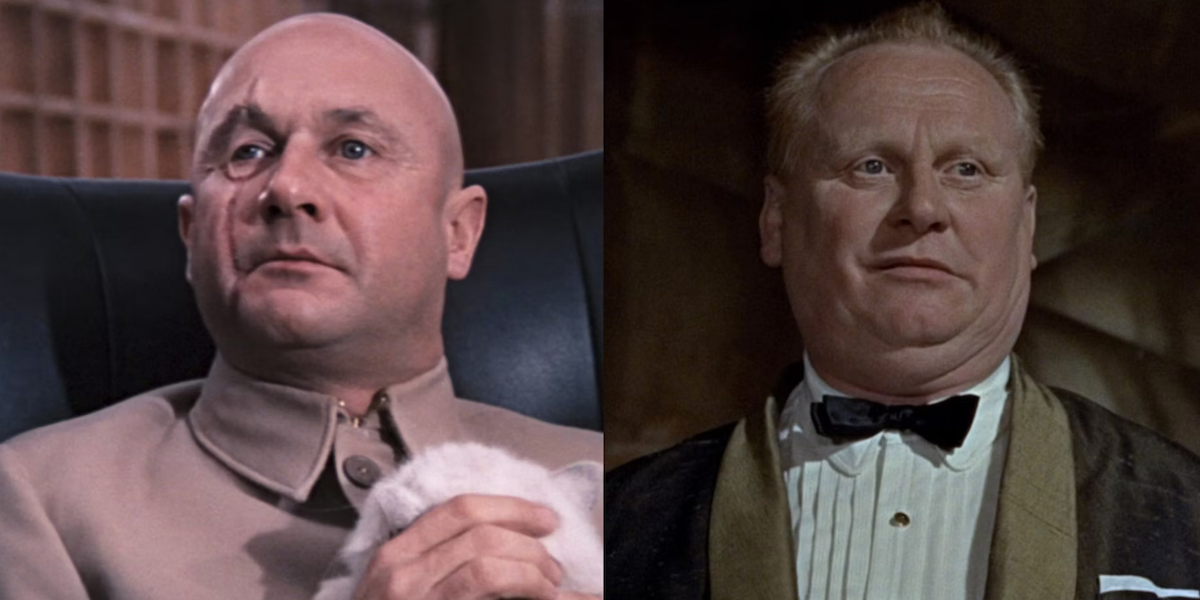 One Irish politician recently appealed to another not to do anything “precipitous“.
One Irish politician recently appealed to another not to do anything “precipitous“.
Interesting appeal, but did the appealing (well, actually, unappealing) politician really mean that?
The Compact Oxford English Dictionary provides:
precipitous
/prisippitss/
• adjective 1 dangerously high or steep. 2 (of a change in a condition or situation) sudden and dramatic. 3 hasty; precipitate.
and
• verb /prisippitayt/ 1 cause (something bad) to happen unexpectedly or prematurely. 2 cause to move suddenly and with force. 3 Chemistry cause (a substance) to be deposited in solid form from a solution. 4 cause (moisture or dust) to be deposited from the atmosphere or from a vapour or suspension.
• adjective /prisippitt/ done, acting, or occurring suddenly or without careful consideration.
• noun /prisippitayt, -tt/ Chemistry a substance precipitated from a solution.
Unsurprisingly, the late William Safire (whose special gift was in conveying his pleasure in ruminating about language) clarified that precipitous (“steep”) and is not a synonym for precipitate (”abrupt, rash, headlong”). It is one of the Common Errors in English Usage identified by Paul Brians:
…Both of these adjectives are based on the image of plunging over the brink of a precipice, but “precipitate” emphasizes the suddenness of the plunge, “precipitous,” the steepness of it.







